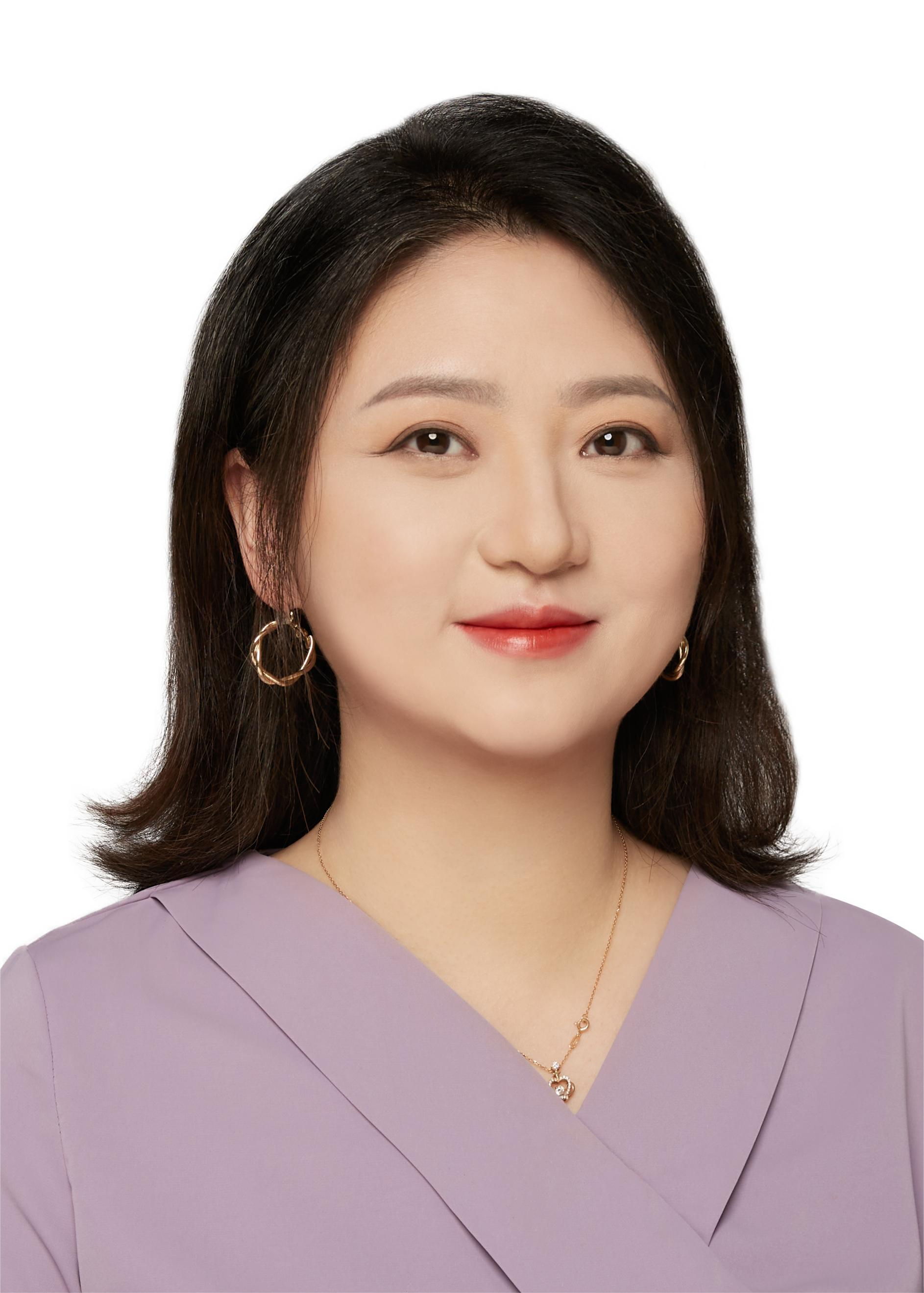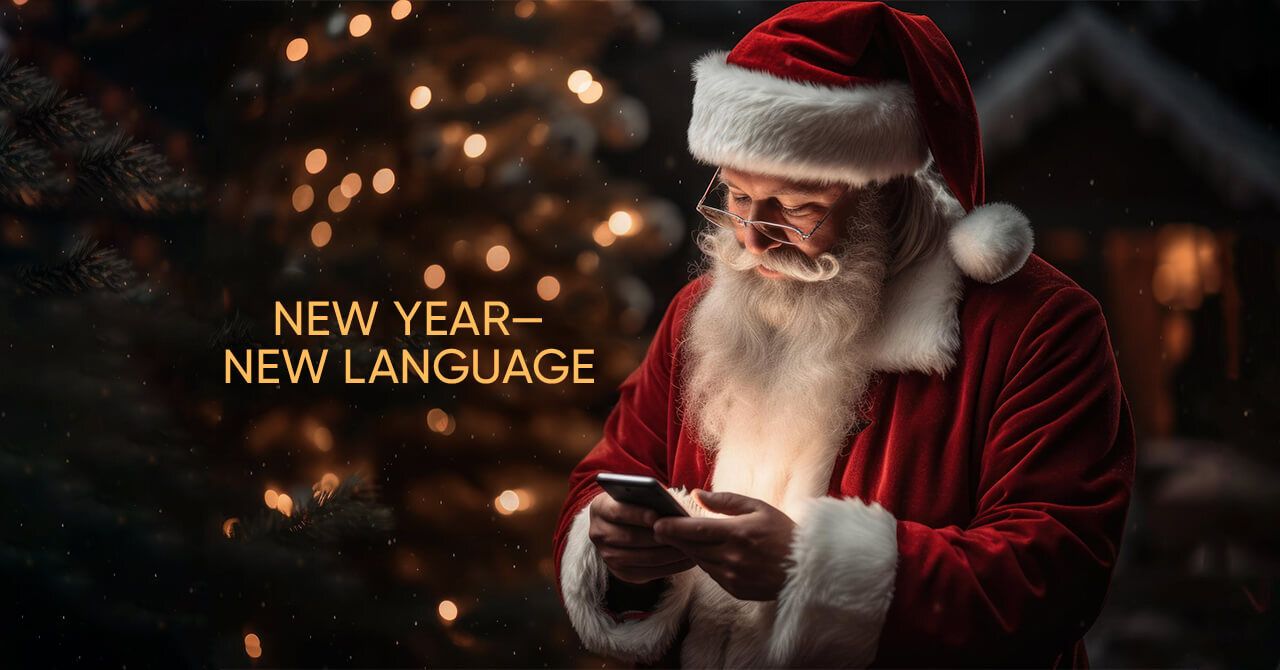Learning Days of the Week in Japanese: A Visual Memory Technique
The Japanese names for the days of the week originate from the ancient Chinese seven luminaries system (七曜).

Many people who study Japanese find it difficult to remember the names of the days of the week. Why do Chinese use numbers (such as “one” for Monday, “two” for Tuesday, “three” for Wednesday, etc.) to represent the days of the week, which can almost be memorized without much effort, while Japanese uses seemingly arbitrary names like “suffix-曜日” (yōbi) for the days? For example, 日曜日 (nichiyōbi) is Sunday, 月曜日 (getsuyōbi) is Monday, 火曜日 (kayōbi) is Tuesday.
How days of the week in Japanese appeared
Both Chinese, Japanese, and English languages use a seven-day week system, cycling through seven days repeatedly. This also reflects the common human understanding of cyclical time. The Japanese names for the days of the week originate from the ancient Chinese seven luminaries system (七曜). These luminaries are the sun, moon, and five visible planets: Mars, Mercury, Jupiter, Venus, and Saturn (the five planets visible to the naked eye ). Ancient Chinese associated these celestial bodies with the seven days of the week, creating a seven-luminary calendar. However, for historical reasons (which will not be detailed here), China abandoned the seven-luminary names, instead using “星期” (week) + number to name the days (like 星期一 星期二 星期三). Japan, however, retained the “曜日” (yōbi) system.
The order of the five elements (五行) in traditional Chinese culture is metal, wood, water, fire, and earth. This pre-existing knowledge makes it difficult for those familiar with Chinese culture to re-learn the Japanese order of the days of the week (moon, fire, water, wood, gold, earth, sun). What can we do?
Japanese days of the week and how to memorize them
We have a simple mnemonic device using imagery.
- Sunday: This is quite easy as 日曜日 (Nichiyōbi) literally means “sun day,” where 日 is “sun.”
- Monday: Imagine a beautiful moon in the night sky (月曜日 – Getsuyōbi). 月曜日 means “moon.”
- Tuesday: The moon suddenly catches fire as you admire the scene (火曜日 – Kayōbi). 火曜日 means “fire” and refers to Mars. Due to the planet’s red color, it was called “Fire Star” in ancient Japan.
- Wednesday: Water falls from the heavens (水曜日 – Suiyōbi), extinguishing the fire. 水曜日 means “water” and refers to Mercury, which was called “Water Star.”
- Thursday: A tree grows from the burned area (木曜日 – Mokuyōbi). 木曜日 means “wood” or “tree” and refers to the “Wood Star”—Jupiter. In ancient times, it was associated with prosperity and growth.
- Friday: The tree quickly grew and bore golden fruit (金曜日 – Kinyōbi). 金曜日 means “gold” or “metal.” It refers to the “Metal Star”—Venus. Friday’s end-of-week feeling is as precious as gold. After a happy Friday, we go shopping and spend all our money.
- Saturday: By Saturday, we’re so broke we’re eating dirt (土曜日 – Doyōbi). 土曜日 means “earth” and refers to Saturn—“Earth Star.”
The list of Japanese weekdays for you to learn
- Sunday: 日曜日 – Nichiyōbi
- Monday: 月曜日 – Getsuyōbi
- Tuesday: 火曜日 – Kayōbi
- Wednesday: 水曜日 – Suiyōbi
- Thursday: 木曜日 – Mokuyōbi
- Friday: 金曜日 – Kinyōbi
- Saturday: 土曜日 – Doyōbi
Some phrases related to weekdays in Japanese
- 今日 (きょう, kyō) – Today
- 昨日 (きのう, kinō) – Yesterday
- 明日 (あした, ashita) – Tomorrow
- 平日 (へいじつ, heijitsu) – Weekday
- 週末 (しゅうまつ, shūnmatsu) – Weekend
- 一昨日 (おととい, ototoi) – The day before yesterday
- 明後日 (あさって, asatte) – The day after tomorrow
These phrases are common in everyday communication. Learn them to understand what day someone is speaking.
Learn the Japanese days of the week
As a native Chinese speaker, I also had trouble remembering the order of the names of the weekdays when I first started learning Japanese. But I could firmly remember that 水曜日 (Suiyōbi) is Wednesday because both “三” (sān, meaning three) and “水” (shuǐ, meaning water) start with the consonant “s.” And 金曜日 (Kin'yōbi) on Friday is also easy to remember because getting off school or work on Friday is the most precious and happiest time of the week, like treasure as valuable as gold.Japanese

I am a certified teacher of Chinese and Japanese with five years of experience.



